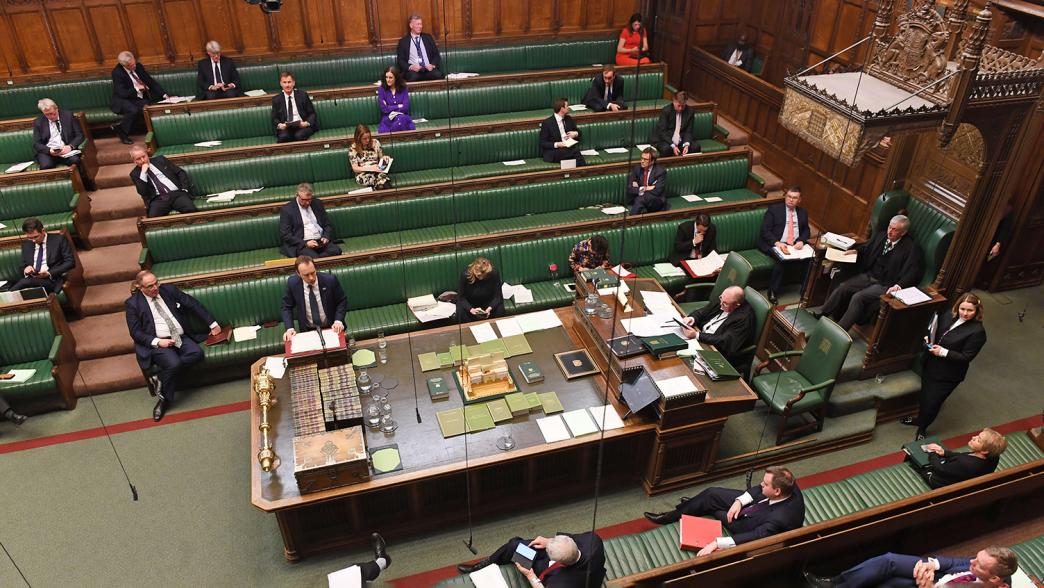Parliament’s role in the coronavirus crisis: holding the government to account
The government’s move to return the Commons to its usual ways of working when it returns from recess, is deeply concerning.

The government’s move to return the Commons to its usual ways of working when it returns from recess, is deeply concerning.

The pandemic requires urgent co-operation between the government and parliament to allow essential scrutiny and voting to be conducted remotely.
Almost a third of UK regulators have not been scrutinised by parliament since 2019 general election.
The Whips’ Office is crucial for achieving any government’s agenda. How has the role changed in the past and how might it change in the future?
Why the centre of government has failed successive prime ministers – and seven recommendations for radical reform.